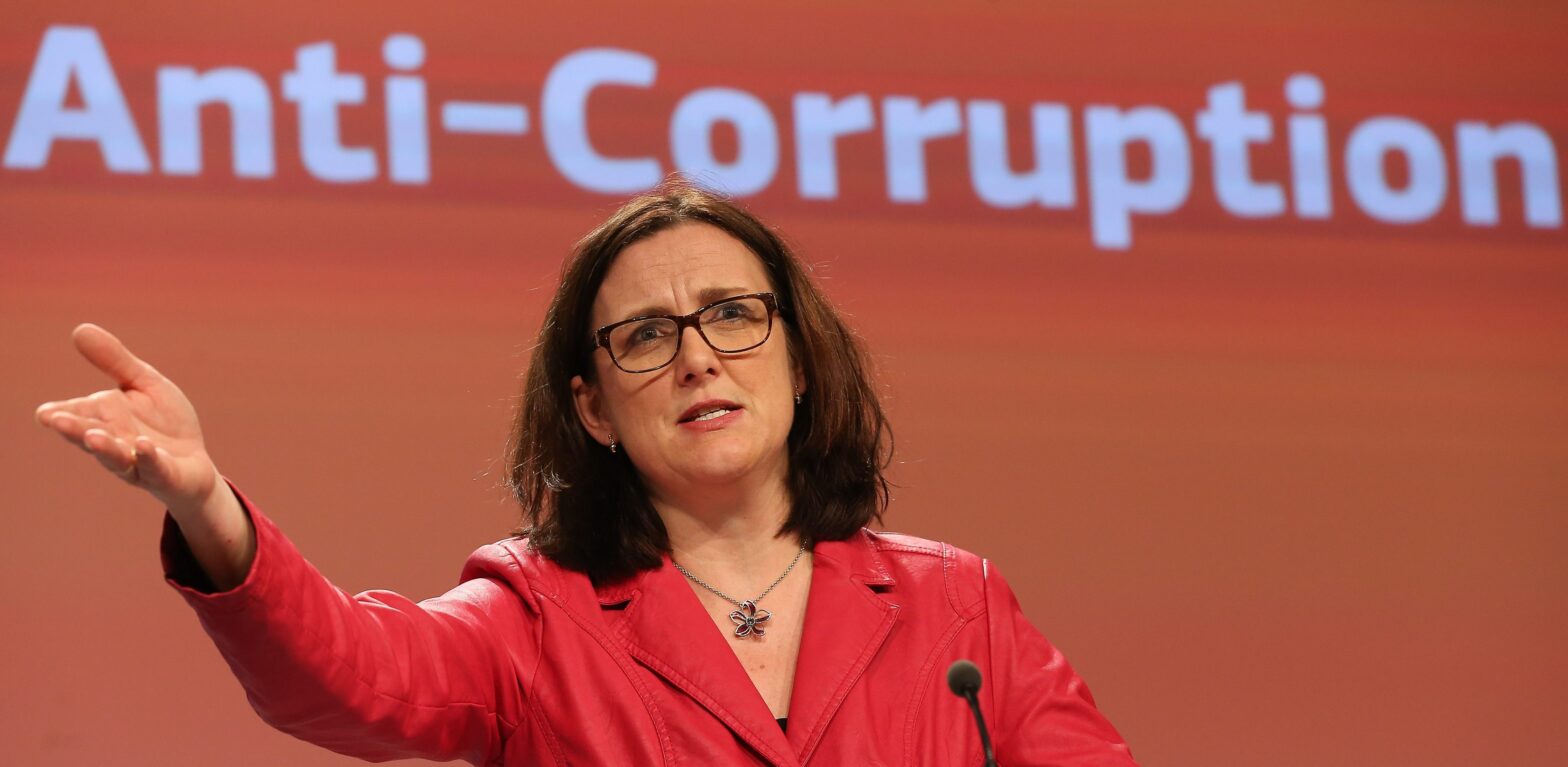Croatia has made considerable efforts in recent years to improve its anti-corruption framework, the European Commission said on Monday in a report on combating corruption in the EU member states.
“Croatia has made considerable efforts in recent years to improve its anti-corruption framework. However, there appears to be more emphasis on repression of corruption as opposed to prevention,” the section of the report on Croatia says.
The Commission suggested that Croatia should develop codes of conduct for elected officials at central and local levels with adequate accountability tools, carry out substantial checks of asset declarations and conflicts of interests of public officials, and establish an effective mechanism for prevention of corruption in state-owned and state-controlled companies.
The Commission also suggested that Croatia implement a strategy for preventing corruption in public procurement, including with regard to the healthcare sector, and ensure protection mechanisms for whistleblowers who report corruption.
This was the first time that the Commission had provided an overview of the situation in the EU member states regarding corruption, without making any comparisons between the members.
The purpose of this report is not to say which country is more corrupt than the other. We do not intend to rank countries by their success in combating corruption, Home Affairs Commissioner Cecilia Malmstroem said while presenting the report.
She said that the member states had generally done a lot in combating corruption, but still not enough, adding that the results were still unsatisfactory in the area of public procurement and party funding.
“Corruption undermines citizens’ confidence in democratic institutions and the rule of law, it hurts the European economy and deprives States from much-needed tax revenue,” Malmstroem said.
The Commission said that corruption cost the European economy around 120 billion euros a year, which is an annual EU budget, noting that no EU country was free of corruption, although the degree of corruption varied considerably from country to country.
The section on Croatia cited, among positive examples, the national anti-corruption office USKOK and the online database on public contracts. The website, launched by a non-governmental organisation in March 2013 and financed by the EU, provides information on the implementation of public procurement procedures and information on the property of office holders.
The Commission says that USKOK and PNUSKOK have developed a good track record of investigations into allegations of high-level corruption. “However, at judicial level, corruption-related crimes are frequently punished with low or even conditional sanctions, creating a climate of impunity,” the report says.
The report says that Croatian society is facing very serious challenges regarding organised crime, citing a recent study showing that the share of the grey economy in the country’s GDP reached 29.5% in 2012.
Alongside an analysis of the situation in each member state, the Commission also published the results of two public opinion surveys on corruption. More than three quarters of European citizens, and 94% of Croatians, agree that corruption is widespread in their home country. In terms of corruption perception, the situation is worse in Greece, where 99% of those polled think that corruption in their country is widespread, Italy (97%), Spain and the Czech Republic (95% respectively).
Four percent of Europeans, and six percent of Croatians, say that they have been asked or expected to pay a bribe in the past year. And 81% of Croatian businesses believe that favouritism and corruption hamper business competition in Croatia.
In Croatia, 55% of respondents believe that corruption affects their daily lives, compared to the EU average of 26%. Also, 89% of people in Croatia say that bribery and the use of connections is often the easiest way to obtain certain public services in Croatia, while the EU average is 73%
